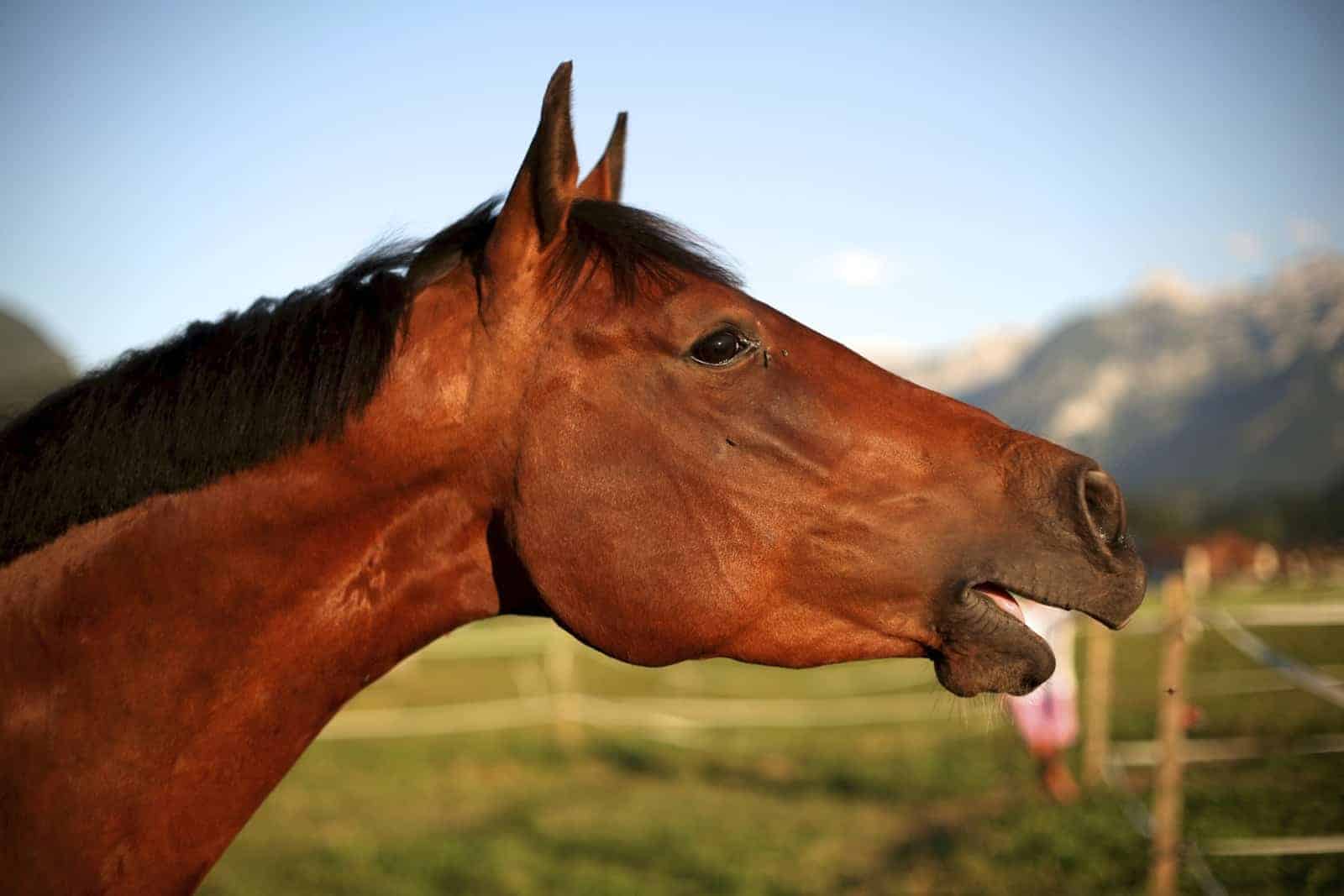Do Horses Respond Emotionally to Positive or Negative Whinnies?

With more detailed analyses, though, the researchers now say that “contagion” effect might not be happening, at least within the context in which they were tested. While the horses do clearly recognize positive from negative emotions, they might not become positively or negatively emotional, as a result.
“Our latest analyses still validate the difference in responses between positive and negative whinnies from familiar horses, but not the resulting behaviors of the listeners.”
In fact, the listeners’ behaviors were somewhat difficult to interpret, the researchers said. For example, when horses heard a positive whinny (from a familiar source), they surprisingly held their heads higher for a longer period (indicating negative emotions) than when the whinny was negative; moved their heads more (indicating higher arousal); responded faster (indicating higher arousal); and had lower respiration rates (indicating lower arousal), Briefer said
Create a free account with TheHorse.com to view this content.
TheHorse.com is home to thousands of free articles about horse health care. In order to access some of our exclusive free content, you must be signed into TheHorse.com.
Start your free account today!
Already have an account?
and continue reading.

Written by:
Christa Lesté-Lasserre, MA
Related Articles
Stay on top of the most recent Horse Health news with















